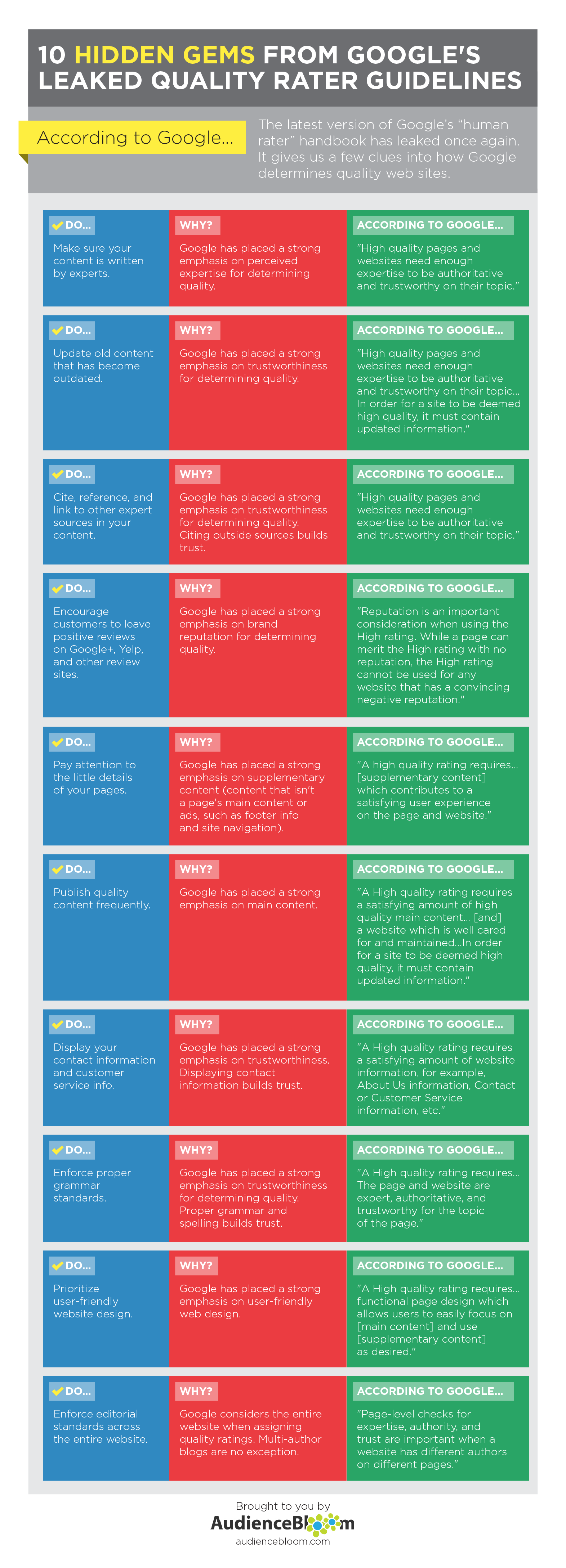Ep 9: How to Write Content that Google Likes
This article was updated on August 6th, 2020 at 05:57 am
When an Internet user types something in Google’s search box, they might be least bothered about knowing why one webpage ranks #1 and another comes at the bottom of Page 5. They are most likely to find what they are looking for among the first few search results, with the tiniest percentage of visitors even reaching the second page.
However, if you are a blogger or run a business website, all your focus needs to center on what makes a search engine rank a site higher than others. Ranking high on the search results is the best way to get noticed online and generate leads.
An article by Backlinko listed 200 factors that Google uses in its algorithms to rank content, where some are proven and others might be controversial. Based on these factors, I am sharing with you the five most important ways to create compelling content that is most likely to be loved by Google.
Proper Keyword Research
When you are writing to ensure that your content is ranked well by search engines, the prime focus has to be on the keywords used within the content. Keywords are basically the questions users ask Google to find what they are looking for. Keyword research will not only tell you which keywords your target audience is most commonly using but also how much competition that keyword has from other content generators. You can gain good insight about keyword research from an article titled How to Do Keyword Research for SEO: A Beginner’s Guide.
Use Targeted Keywords in Your Title Tag
The Title tag is basically a headline structure that tells the readers what content is present on a specific webpage. Since search engines want to offer relevant results, the search bots check the title tag field, among other areas, to determine what keywords the content of a webpage is relevant for.
When writing the headline, make sure it is well written, catchy and includes the primary keyword you want to include in your content.
Optimize Page Speed
Page Speed has been identified as a major factor in Google’s search engine ranking algorithm. To increase load times, it is best to optimize photos by reducing file size. You can also use keywords in the image file name and add an alt tag to help search engines understand what the image is about.
Focus on Content Quality
Google has always focussed on providing the best experience to its users. Google has been consistent in updating its search algorithms for quality assurance. It is for this reason that when a page is ranked higher on Google, it is believed to have relevant and authoritative content.
If you want to rank higher on the search results, pay great attention to content curation and creation. Use only authoritative sources to gather and organize information and hyperlink them in the content in a concise and coherent manner. This can help drive more traffic to your website and therefore higher lead generation.
Write Long Content
I agree that today, when our attention spans seem to be decreasing and people are using smaller screens to access information, it is wise to publish a smaller blog post of 400-500 words.
However, long tail searches are increasing every day and searches are looking for specific answers to specific question. This means that you’ll need to work to write 2000 words or more of high-quality content to add value and go beyond just a superficial view of the topic. Longer articles can help you to be perceived as an authority in the industry, which in turn can help generate leads over the longer term.
Also, when creating epic content, make sure you are not using irrelevant information or repeating words.
Bonus: Here is a list of content quality guidelines from Google. Source – Audience Bloom

Series: How to Start Blogging
Also, check out other articles in this series.
- How to choose a domain name
- Where to buy domain names from
- How to choose a host for your blog
- Best WordPress hosting for your blog
- How to choose the right theme for your new blog
- How to install plugins on your blog
- How to set the SEO basics right on your blog
- How to decide what content to blog about
- How to write content that Google loves
- How to make money with AdSense
- How to make money with affiliate marketing

